Best practices for technical-scientific publications (Introductory level).
For most higher education institutions, university rankings have become a strategic part of their growth plans, or even financial survival. Despite the fact that such rankings began with different interests and biases, some of a completely commercial nature, several of them encompass almost all the different fields of knowledge and consider research. Over time more and more rankings appear, but some of the most used ones give a higher score to metrics related to research products, increasing their international visibility. From the point of view of the research professor, in their stages of training, training, mature or consolidated, the current global metrics are not yet adapted to the specific fields of knowledge, with the more traditional fields being the ones that present advantages, but this is expected. evolve over time. For now, both institutions and researchers focus on ensuring that their publications remain in journals indexed to most consulted databases such as SCOPUS and Web of Science, as well as the use of ISO standards for the identification of researchers and thus increase reliability. of bibliometric indicators related to technical-scientific productivity and its impact. The objective of the tutorial is for the participant to know a general panorama of good practices as a research professor in a globalized environment and is aimed at postgraduate teachers who are going to publish and at young research professors who begin to publish and seek to become more potent|
About the Speaker:

José Ignacio Castillo Velázquez
Jose Ignacio Castillo Velázquez has been working for 25 years in computer and telecommunication industries in 98 national and international projects (66A+32I) as a team member, or leader on technical and management positions for more than 7 MUSD.
Interests: Internet networks, data centers & engineering management. Consultant for Industries DATACENTER DYNAMICS(London/Spain-LATAM), Operation Support Systems and Technology Transfer at Mexico City. He is a full time Professor-Researcher at 3 Universities: Autonomous University of Mexico City (since 2008→), UPAEP (99-06) & UTM (98-99).
Generación de dashboards de gestión con herramientas Cloud.
This Workshop is appropriate for anyone who is interested in learning about management indicators
- Business unit executives
- Project Managers
- Managers and IT professionals
- Consultants and Independent Professionals Sales Managers
- Financial Managers
- Production Managers
Objective:
- Develop Dashboards
- Have an overview of indicator management.
About the Speakers:

Juan Pablo Amón
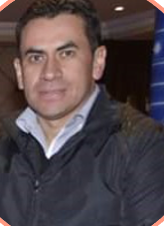
Julio Ramos
Juan Pablo is a Systems Engineer, a Master in Information Technology (MTI), a Master in Business Administration (MBA) and a Master in Project Management (MPM). He also has the following online diplomas: Digital Transformation, endorsed by the University of Virginia and Boston Consulting Group, Path to excellence in project management, endorsed by the Pontifical Catholic University.
Member of the board of the Association of Computer Science, Systems and Computing Engineers of Azuay (CIISCA). In the professional field, he works as Infrastructure and Platform Administrator and Data and Cloud Architect in the Graiman Industrial Group, with more than 12 years of experience.
In his professional career, he has participated in projects of implementation of ERPs on a world scale, data migration and IT infrastructure, data analytics, RPA, digital transformation, software development and IT infrastructure architecture.
Immersion IoT FastTrack WIFI
The immersion course provides an overview of the concepts and challenges of the modern digital economy where people, processes, data and things are connected.
The course contents focus on developing skills quickly with a low-cost platform, solutions based on IoT controllers, sensors and actuators that can interact with a data processing platform to improve decision-making in commerce, industry and the social life in general.
About the Speakers:

Carlos Bran
Director of the Institute for Research and Innovation in Electronics at Don Bosco University, Electrical Engineer, postgraduate in technology management and embedded systems, master’s studies and doctorate in Information Technology Research. Work experience in companies in the area of telecommunications, power systems and renewable energies. Academic experience as Dean of the Faculty of Engineering, IT department director and professor of undergraduate and postgraduate courses in embedded systems, electronic design, networks and computer security, his research interests include areas related to embedded systems, Internet of the Things, IPv6 Automation, ASIC design, network protocols, parallel systems, and computer vision.

Carlos Hernández
Professor and researcher at the Institute for Research and Innovation in Electronics at Don Bosco University, Electronic Engineer, Master’s studies in Industry 4.0, Professor of undergraduate programs in microcontrollers and electronics, his research interests include Big Data algorithms for analysis of information, Industry 4.0 architectures for digitization of processes and services, Parallel systems for hardware processing acceleration. He skills in embedded systems programming, web interface design, mobile applications, and information sampling with Internet of Things devices.
Real Time Simulation in MatLab
In this tutorial, models will be developed to represent electrical distribution networks, everything will be developed on the Matlab / Simulink platform, the model of transformers, lines, loads and new network elements will be addressed. Once the entire simulation is ready, the concept of real-time simulation will be applied to speed up the execution time and load the model in the OPAL Real Time simulator.
Requirements:
Matlab 2016
Simulink 8.0
About the Speakers:
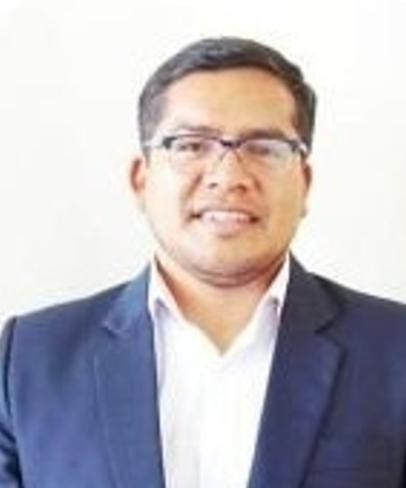
Diego Morales
Born in Cuenca, 35 years old, Electrical Engineer, MSc in Intelligent Electrical Networks, MSc in Geographic Information Systems (GIS), Diploma in Entrepreneurship and Innovation, Diploma in Governance, PhD in Electrical Engineering, currently working as a University Professor of the career of Electrical Engineering, in addition to being elected Councilor of Cuenca for the period 2019-2023.
Smart City and Smart Grid
Workshop objectives:
• Simulate smart city and smart grid scenarios
• Model Telecommunications systems with a view to smart electrical grids
• Model photovoltaic systems with a view to smart electrical grids
Previous knowledge:
Basic concepts of communication networks and renewable energy sources
About the Speakers:
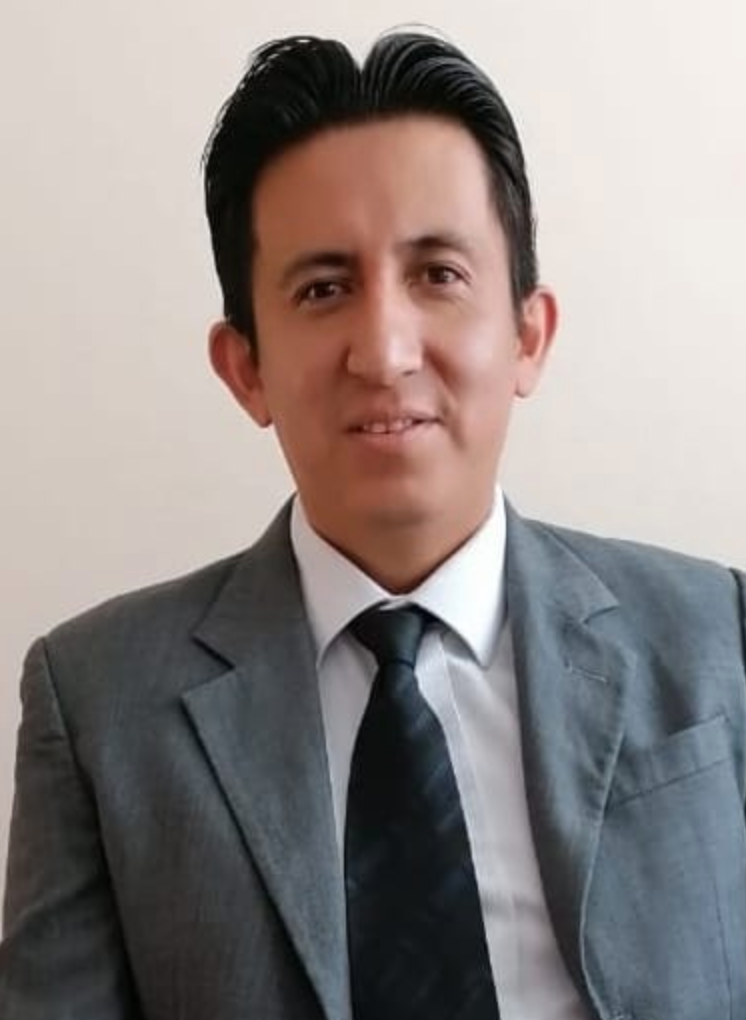
Javier Cabrera
PhD in Information and Communication Technologies from the Universidad de la Viga-Spain, Master in Networks and Communications from the Pontificia Universidad Católica del Ecuador, Electronic Engineer and Industrial Technologist from the Universidad Politécnica Salesiana, has carried out research stays in France and Mexico as well as participated as an exhibitor at national and international level,he has been professor and researcher. has extensive experience working in the telecommunications sector
Smart mobility based on electro mobility
Description of the smart mobility concept and its connection with sustainability and information technologies. Some of the smart mobility strategies that are being implemented at the Tecnológico de Monterrey (Mexico), their challenges and achievements obtained under the context of university districts, are described. Invitation to an international university challenge for electric bicycle wheels to be used in personal transport and urban cargo distribution (last mile).
About the Speakers:
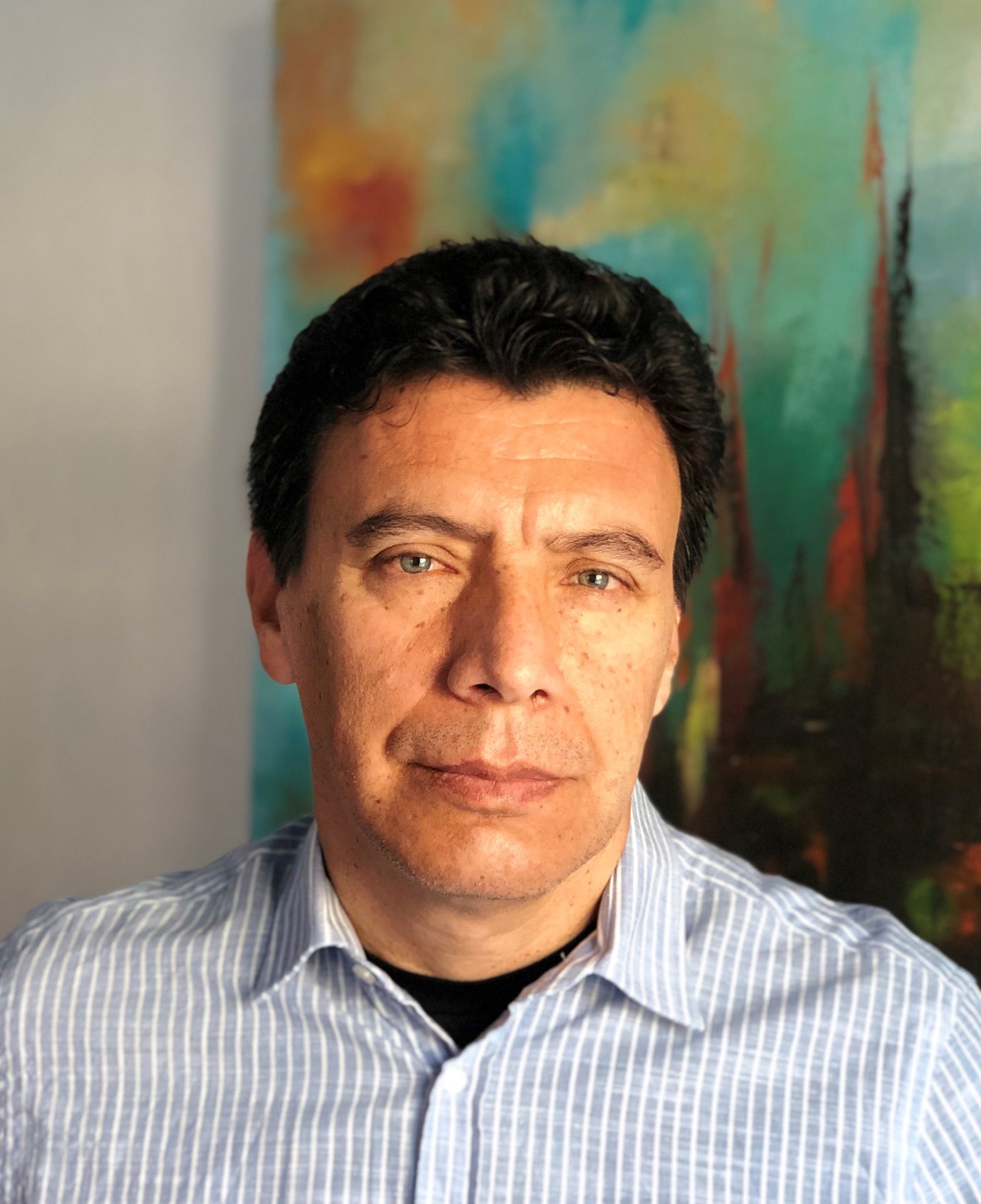
José Ignacio Huertas Cardozo
Dr. José Ignacio Huertas Cardozo
Associate Professor
Research group on energy and climate change
School of Engineering and Science
Tecnológico de Monterrey
